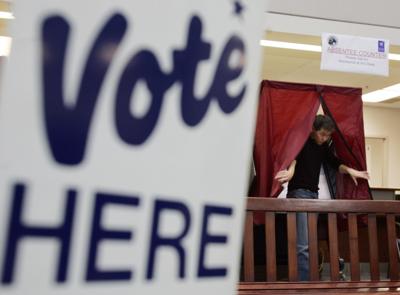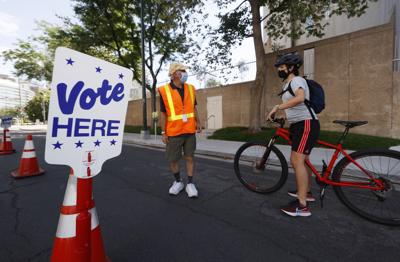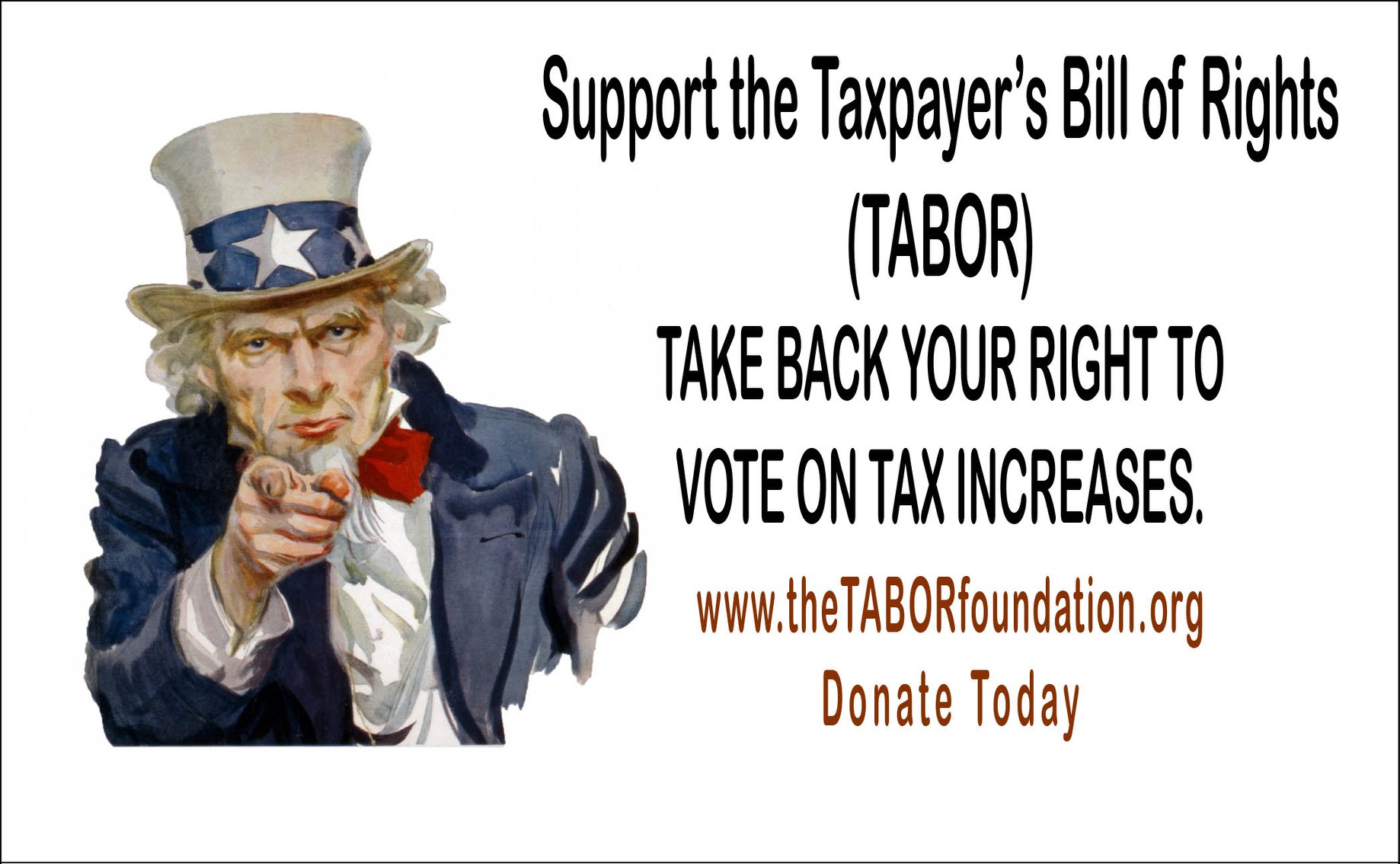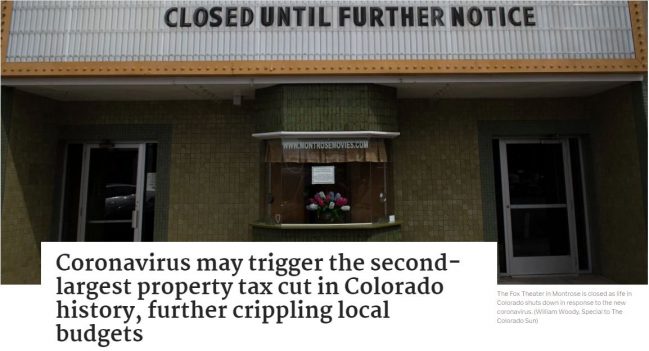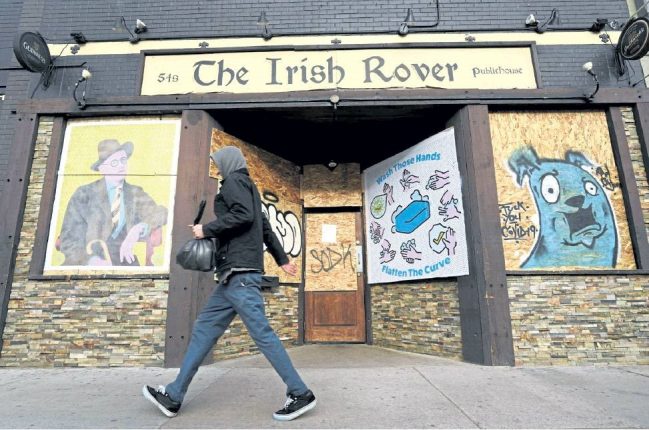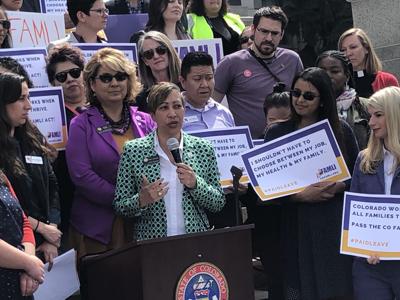By Chuck Wibby
In 1992, Colorado voters passed the Taxpayer’s Bill of Rights, or TABOR. The amendment to the Colorado Constitution is widely despised by elected officials at every level of government. It is also widely loved by the majority of taxpaying citizens who pay the bills to employ those same elected officials.
Among its other provisions, TABOR contained an exemption for fee-based services that the government provides to citizens. It was a logical concession. After all, if the city wanted to operate a parking lot, it would be impractical to have a vote every time the city wanted to increase the cost to park your car in their lot.
TABOR’s intent was that “government-owned businesses that provide goods or services for a fee or surcharge” are “paid for by the individuals or entities that are purchasing the goods or services.” This is in contrast to “government agencies or programs that provide goods or services that are paid for by tax revenue.” Letting no good deed go unpunished, it didn’t take the state too long to figure out how to take advantage of TABOR’s allowance for fee-based enterprises.
